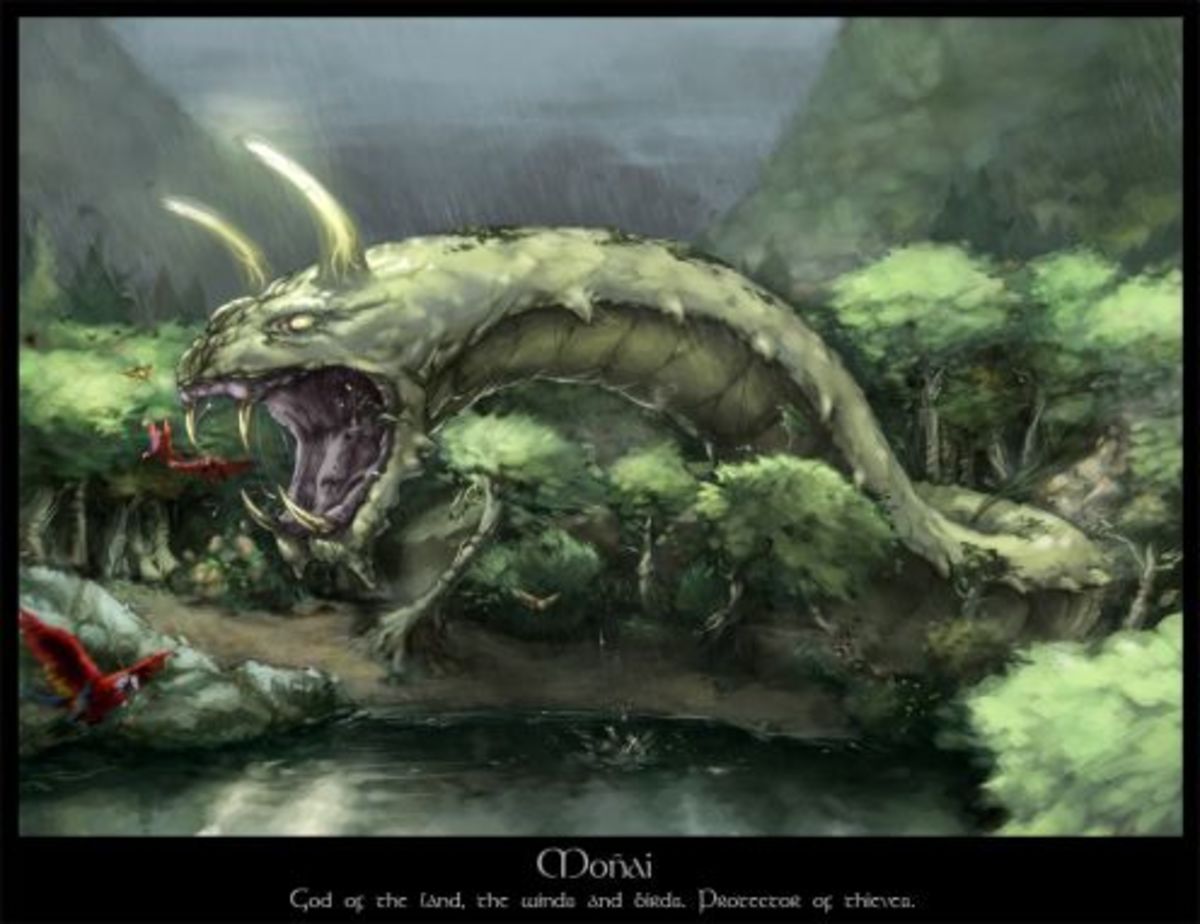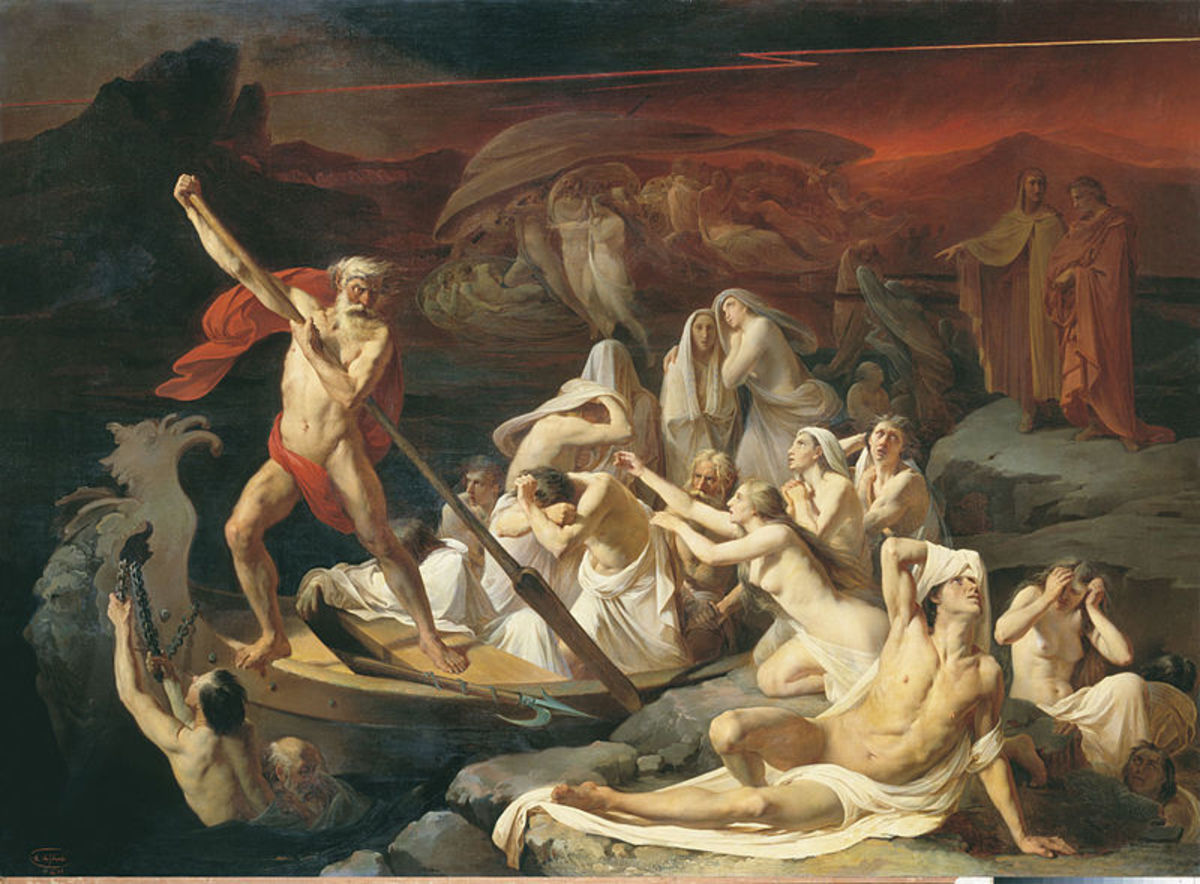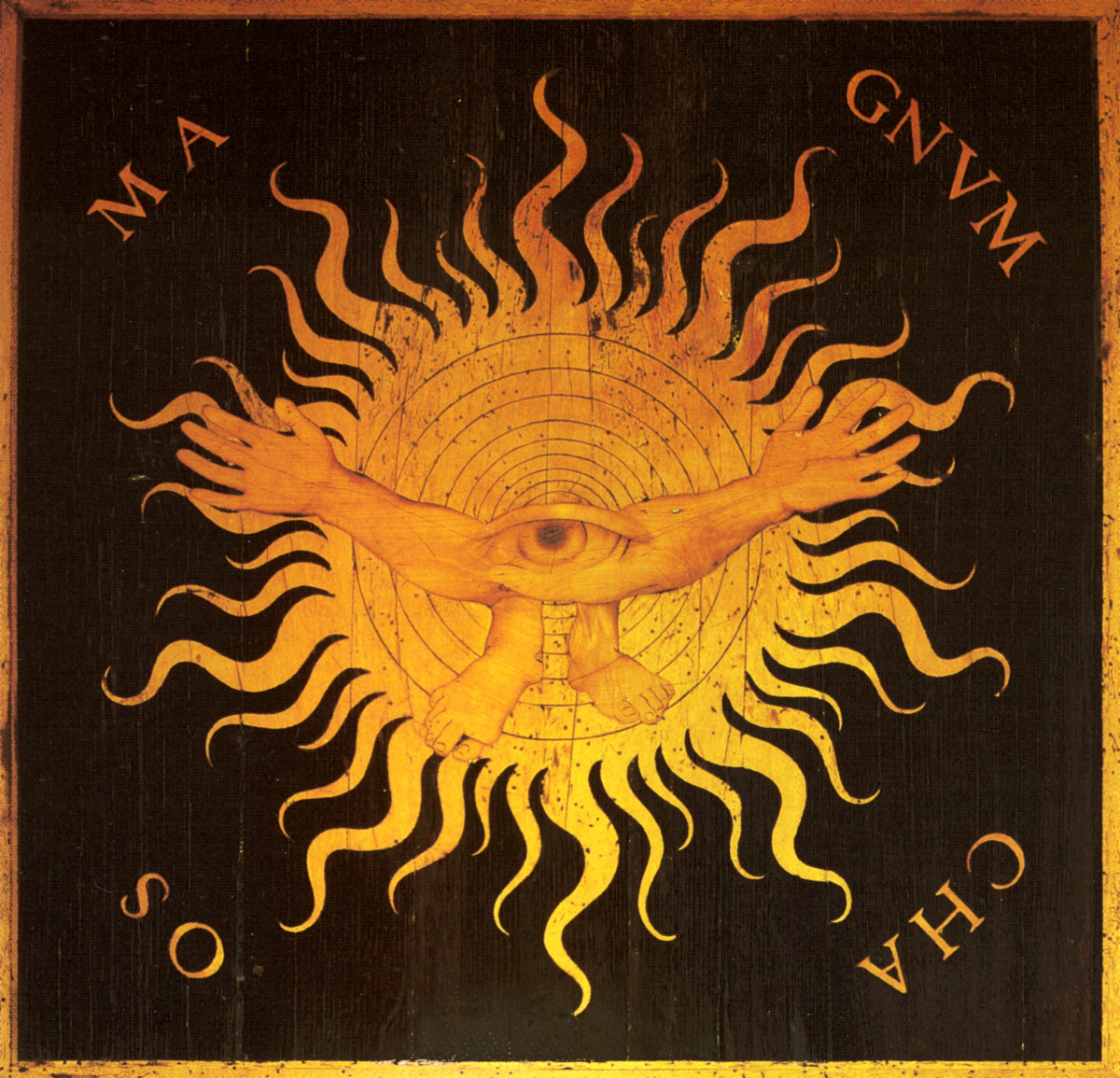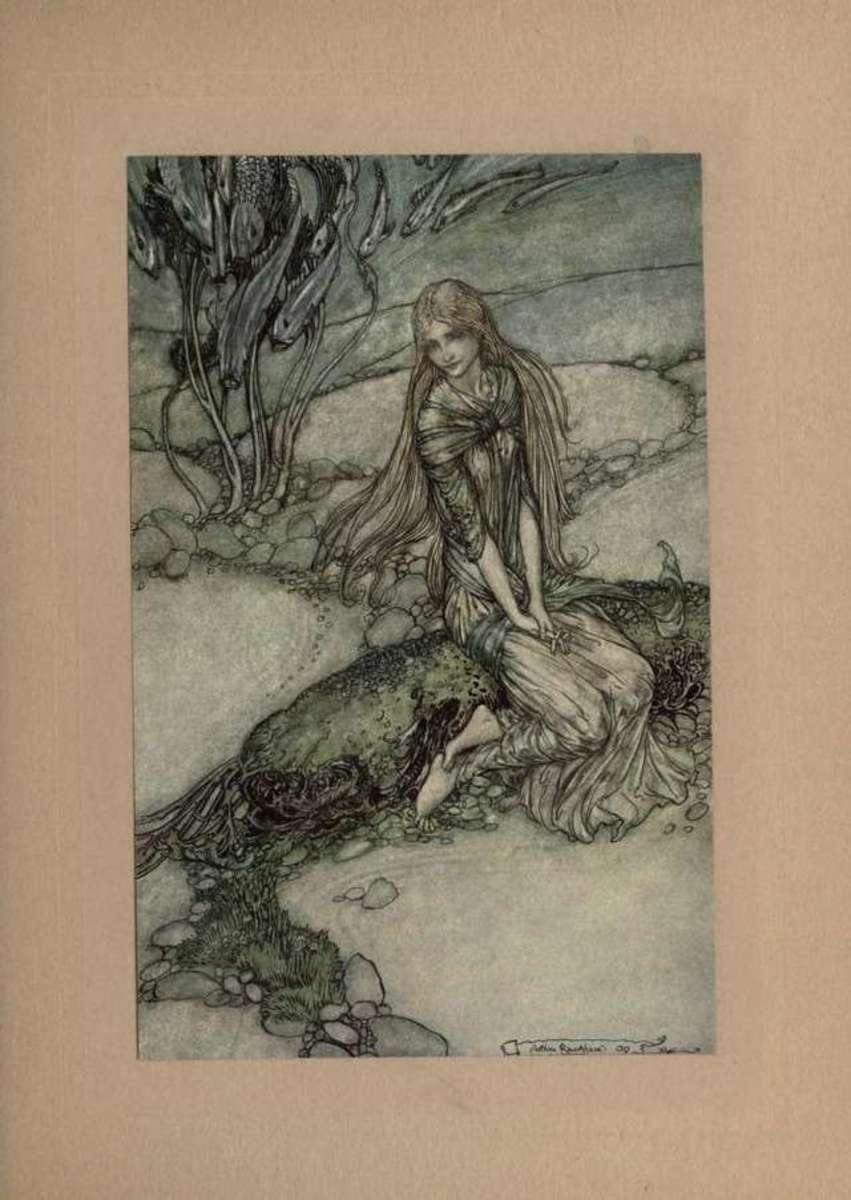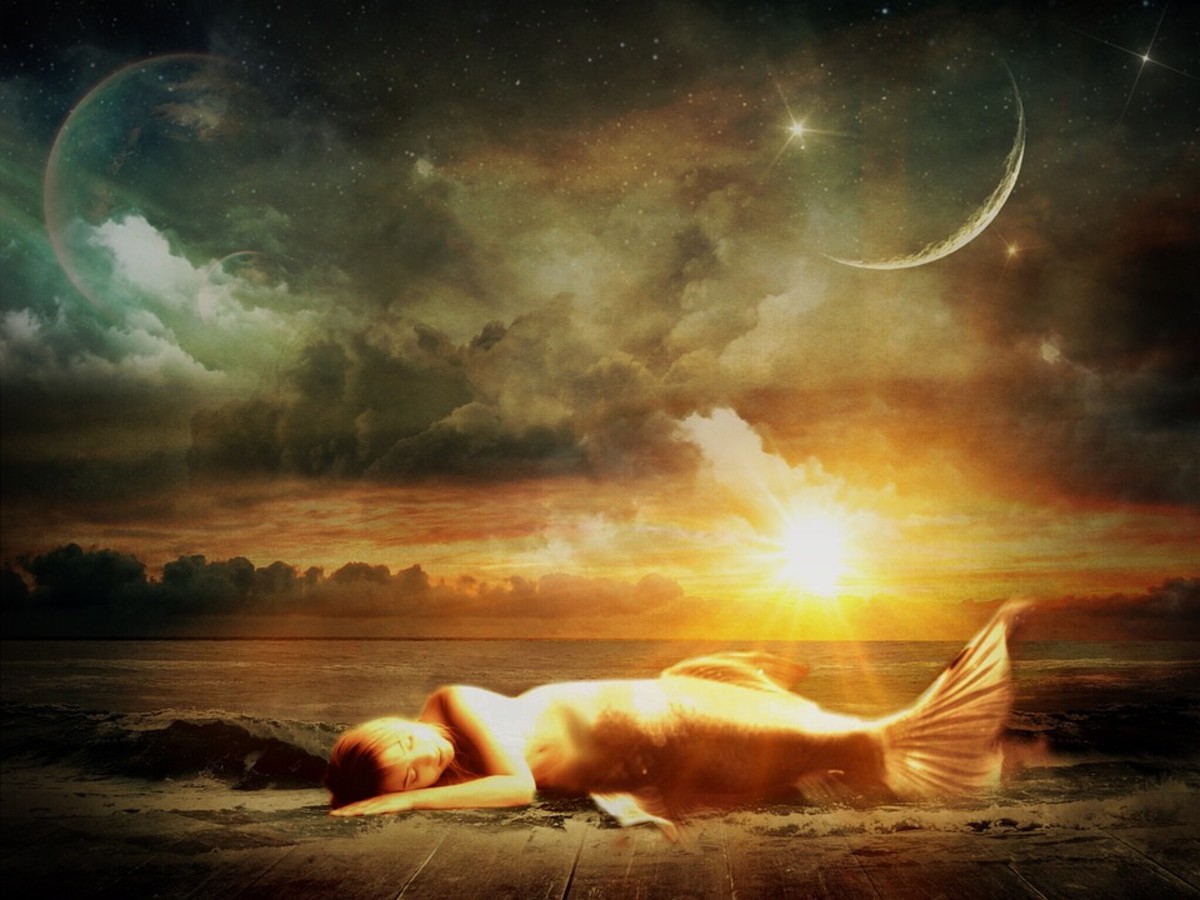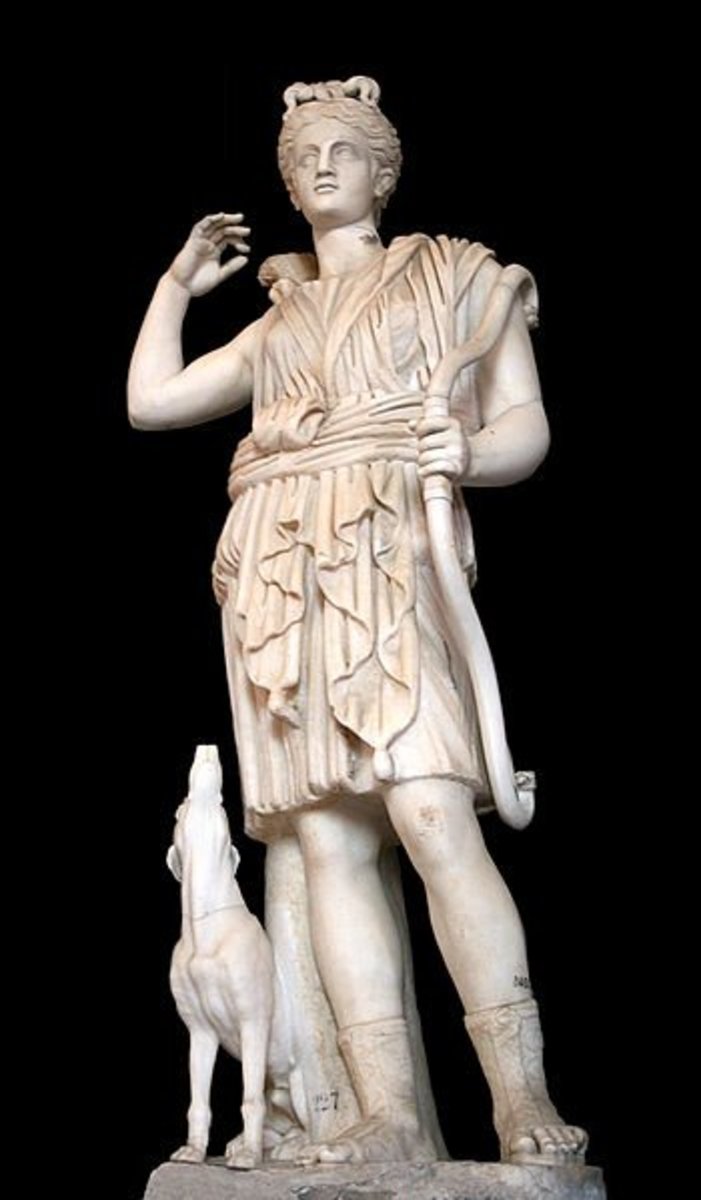Types of Mythology
Types of Mythology
Types of Mythology
Introduction:
Stories that children and many adults find interesting and are told.
These explanations moved slowly through the stages of the concept of one power, or force in human form.
For a complex system in which the god or goddess represented such virtues as wisdom, purity, or love, to the worshipping the gods in an organized fashion.
The Gods took the forms of men and women, but they were immortal and possessed supernatural powers.
Myths deal with human relationships with the gods the relationships of the gods among themselves, with the way people accept or fulfil their destiny.
Also, people struggle with the good and evil forces both within themselves and outside themselves. Usually, each story is short and can be enjoyed, without deep knowledge of the general mythology.
-
Types of Myths
Many myths can be characterized by the type of explanation they offer about the beginnings of the world or some natural phenomenon.
Other myths might focus on difficult tasks or obstacles to be overcome by the hero or heroine.
Types of Mythology
-
Creation Myths
Every culture has a story about how the world began, how people were made, and how the sun and the moon got into the sky.
These are called creation myths or origin myths; they explain the beginnings of things. ''The Woman Who Fell from the Sky,’’ by John Bierhorst.
An action story in which the First Woman falls from her home in the sky and lands on Turtle's Back, creating the world.
She soon gives birth to two boys, Sapling and Flint. Sapling busies himself creating gifts for the people who are soon to come.
Flint, whose heart is hard, injects difficulties into every gift.
Then Flint invents terrible troubles for people, but Sapling mediates and makes those easier to bear.
Finally, Sapling takes some earth and makes houses and lights fires.
Then he and Flint return to the sky, each taking a separate path that becomes the Milky Way.
Their mother leaps into a campfire and rises with the smoke into the air.
To this day the people give her their thanks as smoke rises from their fires.
The myths from around the world were created by people who sensed the wonder and glory of the universe.
Lonely as they were, they expressed a longing to discover, to explain who they were, why they were, and from what and where they came.
-
Nature Myths
Nature myths include stories that explain seasonal changes, animal characteristics, earth formations, constellations, and the movements of the sun and the earth.
Many Native American nature myths are easier for young children to understand. The Greek story of Demeter and Persephone explains the change of seasons.
Hades, the god of the underworld, carried Persephone off to the underworld to be his bride, and Demeter, her mother, who made plants grow, mourned her daughter that she asked Zeus to intercede.
It was granted that the girl might return if she had eaten nothing in Hades.
After eating four seeds of a pomegranate, she was compelled to return to Hades four months each year, during which time the earth suffered and winter came fast.
In Daughter of Earth, Gerald McDermott tells the Roman version of the myth, visually contrasting the cool greens of the earth above with the smoke reds of the underworld.
-
Hero Myths
The hero myths, found in many cultures, do not attempt to explain anything at all. These myths have some of the same qualities as wonderful stories.
The hero is given certain tasks or, in the case of Heracles, labours, to accomplish. Frequently, the gods help or hinder a particular favourite or disliked mortal.
Monsters, such as Gorgons, hydras, and chimaeras, are plentiful in Greek stories, but these provide the hero with a challenge.
Types of Mythology
The characteristic of the hero or heroine is that he or she accepts all dangerous assignments, accomplishes the quest or dies in one last glorious adventure.
-
Greek Mythology
You are most familiar with the myths of the ancient Greeks, collected by the poet Hesiod in the eighth century B.C.
The Roman versions of these myths were adapted by the poet Ovid during the first century B.C. in his well-known Metamorphoses.
Types of Mythology
Zeus married the jealous Hera, who caused kinds of trouble. All the evils of the world were released, but hope remained in the box and gave humans the ability to endure.
Another story concerned Zeus's punishment of the greedy King Midas, the curse was that everything touched including his little daughter, returned to gold.
Children who have a good background in folktales will find that many of the same elements are present in Greek myths.
The gods could not tolerate human pride, which the Greeks called hubris. Arachne was transformed into a spider because of her pride when she foolishly challenged the goddess Athena to a weaving contest.
Daedalus is presented as a proud Athenian inventor who is banished for inadvertently killing a nephew.
Exiled to Crete, he designs and builds a labyrinth for King Minos but years later gives the Athenian Theseus the key to its maze.
In punishment for this, Daedalus and his young son, Icarus, are imprisoned in a high tower. Using candle wax, Daedalus makes a framework of wings from bird feathers.
As they are about to escape, he warns his son not to fly too high or the sun will melt the wax, but Icarus does not heed his father's warning and falls to his death in the ocean.
Descended from the sun god, Helios, Phaethon, desires to drive the sun chariot to prove his parentage to his friends.
When his father is finally tricked into agreeing, Phaethon cannot control the sun chariot and nearly burns up the earth.
Pride is also the downfall of Atalanta, a young woman who is a skilful hunter and the swiftest of runners. Reluctant to marry and give up her life of freedom, Atalanta finally agrees to wed the man who can beat her in a foot race.
Melanion, a suitor whom she has admired, is given three golden apples by Aphrodite, who is angered by Atalanta's lack of reverence for the gods.
As the two races side by side, Melanion throws an apple in Atalanta’s path, distracting her so that he can win the race.
The two marry and live relatively happily for many years, but because they have ignored the gods, Aphrodite punishes the two by changing them into lions.
In Cupid and Psyche, a story is retold where Cupid has been sent by the jealous Aphrodite to find a horrible mate for the beautiful Psyche. Instead, he falls in love with her. Invisible, cupid woos Psyche, and she falls in love with him sight unseen.
When Psyche's sisters talk her into lighting a lamp to see her husband, Cupid flees.
To win him, Psyche must perform difficult tasks, and the last one kills her. Cupid carries her to Olympus, where the gods honour her for her steadfastness by making her immortal.
Summary
Mythology is of great interest to many individuals.
The tales have children reading books for centuries and have not faded from their lives. Adults find the stories entertaining and enable the children to read more daily.
Bedtime stories are told by parents to their children and this happens in many cultures.
Types of Mythology
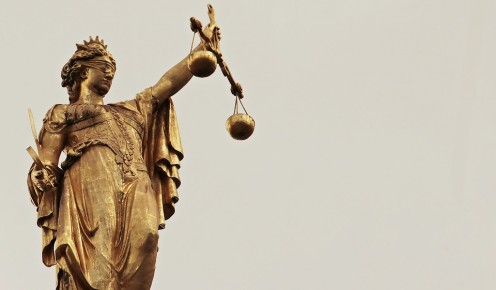
What do you think of Mythology?
What types of mythology interests you?
Greek mythology
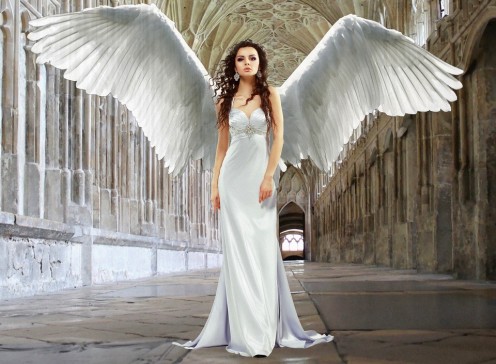
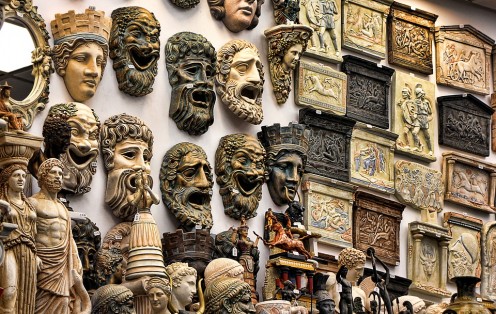
This content is accurate and true to the best of the author’s knowledge and is not meant to substitute for formal and individualized advice from a qualified professional.
© 2013 Devika Primić

